Reading Time:
7 mins
Published:
Monday, 27 October
Section:
How To

The rise of Large Language Models (LLMs) and generative AI tools has fundamentally changed the content creation landscape. For content marketers and SEO professionals focused on scaling production, the question is immediate and critical: Does Google penalize AI generated content?
This is not a simple yes or no answer. While Google has clarified its official policy, the practical application of its algorithms, specifically the Helpful Content System and core updates, suggests a nuanced reality where the quality and intent behind the content are far more important than the tool used to produce it.
In this comprehensive guide, we will dissect Google’s stance, analyze recent industry data, and provide a clear, actionable strategy for leveraging AI writing tools, like the Katteb platform, to create high-ranking, people-first content without risking algorithmic penalties.
To understand whether Google penalizes AI content, we must first look at the official documentation provided by Google Search Central. The primary focus of Google’s guidelines is not the authorship mechanism, but the quality and purpose of the resulting content.
Google has made it clear that using automation, including AI, is not inherently prohibited. Automation has long been used in content generation for helpful purposes, such as generating sports scores, weather forecasts, or transcripts. The issue arises when AI is deployed with malicious intent.
Google’s spam policies explicitly state:
This distinction is crucial. Google does not penalize AI content simply because it was generated by an LLM; it penalizes content that is deemed spammy, low-effort, or created solely to game the search results, regardless of whether a human or a machine wrote it.
The ultimate goal for Google is to show the most relevant and helpful content to the user. This is governed by the E-E-A-T framework (Experience, Expertise, Authoritativeness, and Trustworthiness). Low-effort, generic AI content often fails to meet the “Experience” component, which requires real-world perspective or original insight.
If you can achieve the goal of providing high-quality, relevant, and helpful information using AI tools, Google’s guidelines suggest you are operating within acceptable parameters. The penalty is reserved for those who prioritize content publishing velocity over genuine value creation.
While Google may not explicitly penalize the AI label, recent algorithm updates and anecdotal evidence suggest that Google’s systems are highly effective at identifying and demoting mass-produced, low-quality text that lacks human refinement.
SEO experts frequently observe that the primary risk of using AI is not the AI itself, but the resulting “junk content.” Unedited, “out-of-the-box” ChatGPT or LLM output is often generic, rehashed, and fails to add unique value. This type of content is often compared to the article spinning tactics of the past, a technique Google has long targeted.
The anecdotal evidence confirms this risk. For instance, testing showed that content generated using an LLM that registered as 100% AI for competitive keywords often underperformed or was entirely deindexed. When that same content was replaced with high-quality, human-edited, and optimized text, it quickly reindexed and began ranking.
This suggests that Google’s sophisticated models, including the Helpful Content System (HCS), are designed to identify patterns indicative of low-effort, commercially driven content generation. Given that Google is at the forefront of AI development with models like Gemini, it is common sense that they possess the capability to detect mass-generated articles that lack depth or originality.
It is important to remember that Google’s algorithm rewards content that is original and helpful. The recent algorithmic preference for User-Generated Content (UGC) platforms like Reddit and Quora highlights this shift. One theory is that Google favors UGC because it inherently possesses unique language patterns and real-world perspective that do not resemble the uniform, predictable output of many LLMs.
Therefore, the question shifts from: “Does Google penalize AI?” to “Does Google reward content that is clearly written by a human or significantly refined with human expertise?” The data leans heavily toward the latter.
To move beyond policy and anecdote, we must examine large-scale data studies that analyze the prevalence of AI content in top search results.
A large-scale analysis of 600,000 top-ranking web pages revealed a crucial insight: AI assistance is widespread. The study found that 86.5% of top-ranking pages contain some amount of AI-generated content. Only 13.5% were categorized as purely human-written.
This strongly suggests that AI is being successfully leveraged as a tool for drafting, outlining, refining, and optimizing content. If Google were actively penalizing AI content, these numbers would be drastically different. The fact that content assisted by AI ranks highly confirms that the technology itself is not the penalty trigger.
The data further showed that there is virtually no correlation between the percentage of AI content on a page and its search ranking position. The correlation coefficient was calculated at 0.011, effectively zero.
This is the definitive answer to the core question: Google is indifferent to the tool you use. Whether you use a powerful AI writing platform or write manually in a text editor, your ranking success hinges entirely on the quality, relevance, and helpfulness of the final piece.
While AI-assisted content dominates the SERPs, a subtle trend emerges at the very top. Purely AI-generated content, while present in the top 20, rarely achieves the coveted number one ranking position. Pages with minimal AI use (0-30%) show a very slight correlation with higher rankings.
This reinforces the idea that while AI can create high-quality drafts, achieving peak performance in highly competitive keywords often requires the final layer of human expertise, original research, proprietary data, and unique framing that only a subject matter expert can provide.
For professional content marketers and SEO specialists, the goal is not to avoid AI, but to use it responsibly and effectively. The Katteb platform is designed to facilitate this quality-first approach, ensuring that speed does not compromise substance. Here is a practical guide to leveraging generative AI for sustainable SEO success.
The primary mistake content creators make when scaling with AI is forgetting the audience. They become fixated on rankings and traffic, overlooking what happens after the user lands on the page. AI content must be created with a clear objective that aligns with the searcher’s intent.
Always start with the end goal in mind. Use AI to structure and draft content that seamlessly guides the user toward that conversion point, rather than simply regurgitating facts.
The capacity of AI to generate content at scale is immense, but this is a classic “just because you can, doesn’t mean you should” scenario. Sustainable SEO results require a focus on quality, not quantity. Google’s Helpful Content System is specifically designed to reward deep, valuable content and punish sites that churn out thin, low-effort assets.
Instead of aiming for 100 passable articles, aim for 10 exceptional, authoritative pieces. Use your AI writing tools to expedite the research and drafting of those core assets, freeing up human editors to focus on adding unique value, proprietary insights, and E-E-A-T.
The single most important step in mitigating any risk associated with AI content is human intervention. Low-effort content, auto-generated text with little to no human touch, is what Google targets.
Your workflow should treat the AI-generated text as a sophisticated first draft. A subject matter expert should then:
By using AI platforms like Katteb to handle the heavy lifting of drafting and research, you allow your human experts to focus on the elements that truly drive rankings: quality and trustworthiness.
The misuse of Natural Language Processing (NLP) tools can sometimes lead to content that is unnaturally optimized or keyword-stuffed. While AI tools are excellent at identifying related concepts and topic gaps, the final output must read naturally.
Focus on topic depth and relevance rather than exact keyword density. If you are building a hyper-relevant asset, you should be focused on narrowing the topical gaps and making your content deeper and more comprehensive than the competition. Write for the user first; the search engine will follow.
The answer to the question “Does Google penalize AI generated content?” is clear: No, Google does not penalize content solely because it was generated by AI. However, Google aggressively penalizes low-quality, spammy, and unhelpful content, which often happens to be the result of irresponsible, high-volume AI usage.
The data confirms that the majority of top-ranking pages utilize AI assistance. The key to sustainable SEO success in the age of generative AI is not avoidance, but mastery. Content marketers and digital professionals must adopt a hybrid workflow where AI serves as a powerful engine for efficiency, and human expertise provides the essential layers of E-E-A-T, originality, and value.
If you are looking to scale your content production while maintaining the highest quality standards, utilizing a fact-checked AI writing platform is essential. Start leveraging the power of generative AI responsibly today.
Ready to generate high-quality, SEO-optimized content that adheres to Google’s helpful content standards?
Sign up for Katteb and transform your content creation workflow today.
Best Blogs Chosen For You
These instructions will help you understand how to use our services and make the most of them.
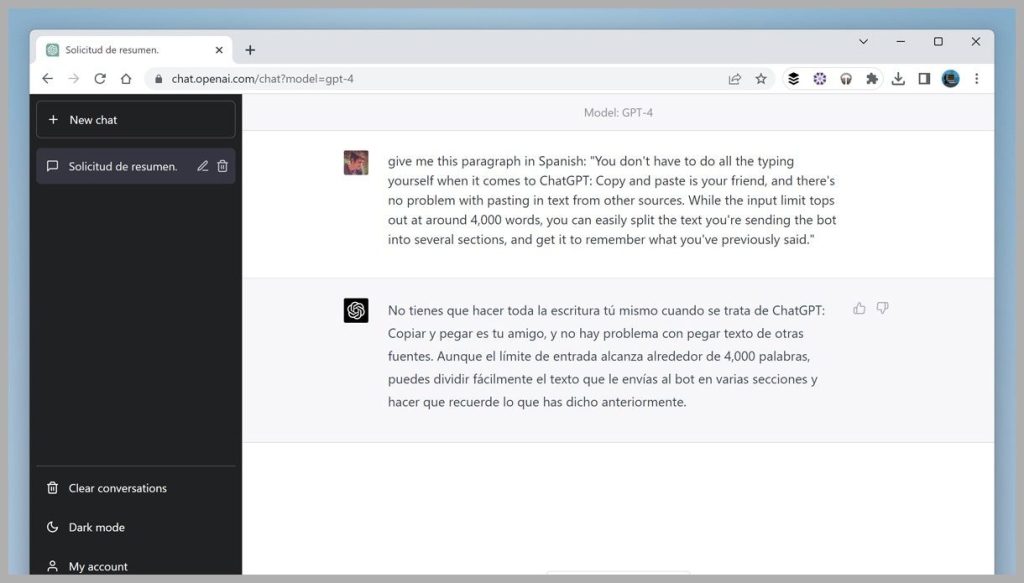
The role of the content marketer in 2025 has dramatically shifted from writing every word..
Learn More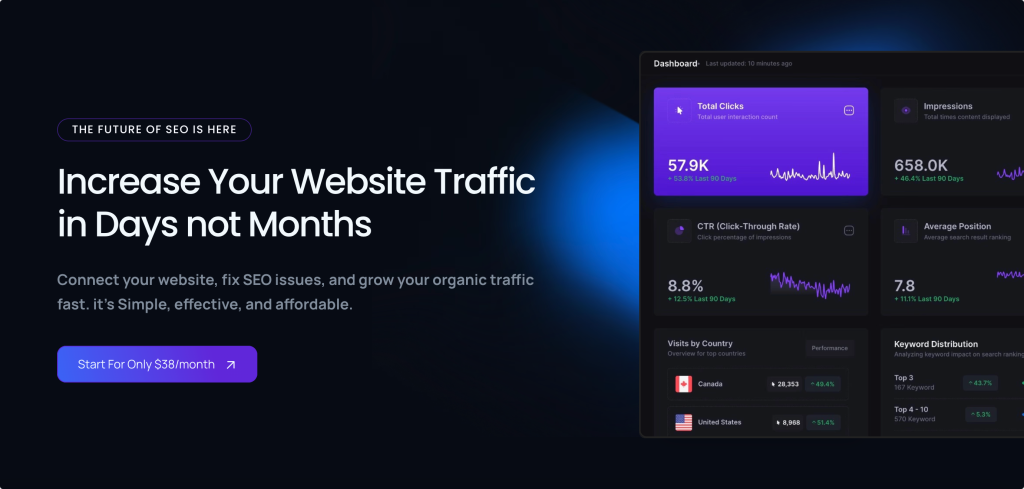
Introduction In the ever-evolving world of search engine optimization (SEO), content is still king, but..
Learn More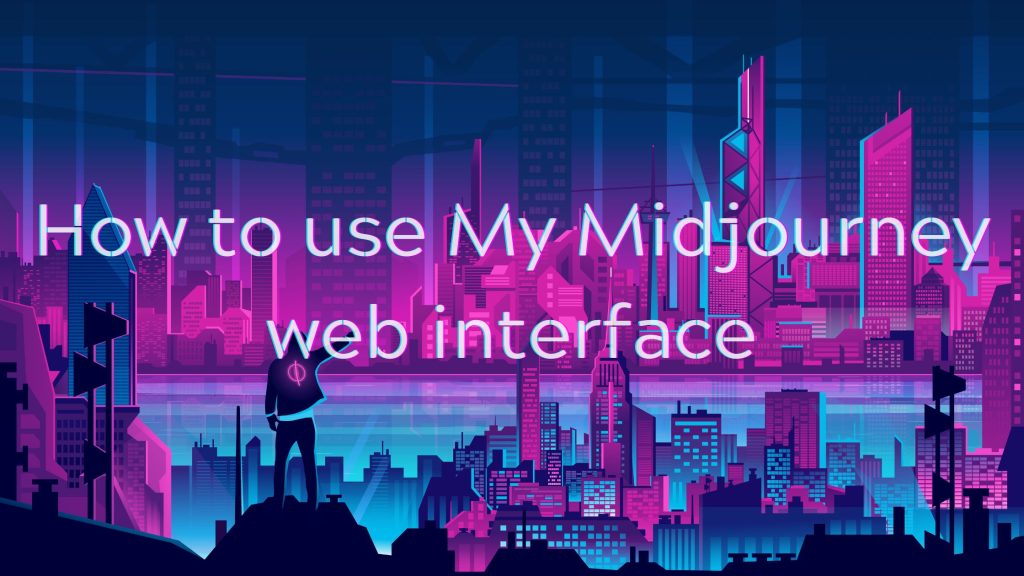
Introduction to Midjourney: A Powerful Tool for AI-Generated Artwork Art, in all its forms, has..
Learn More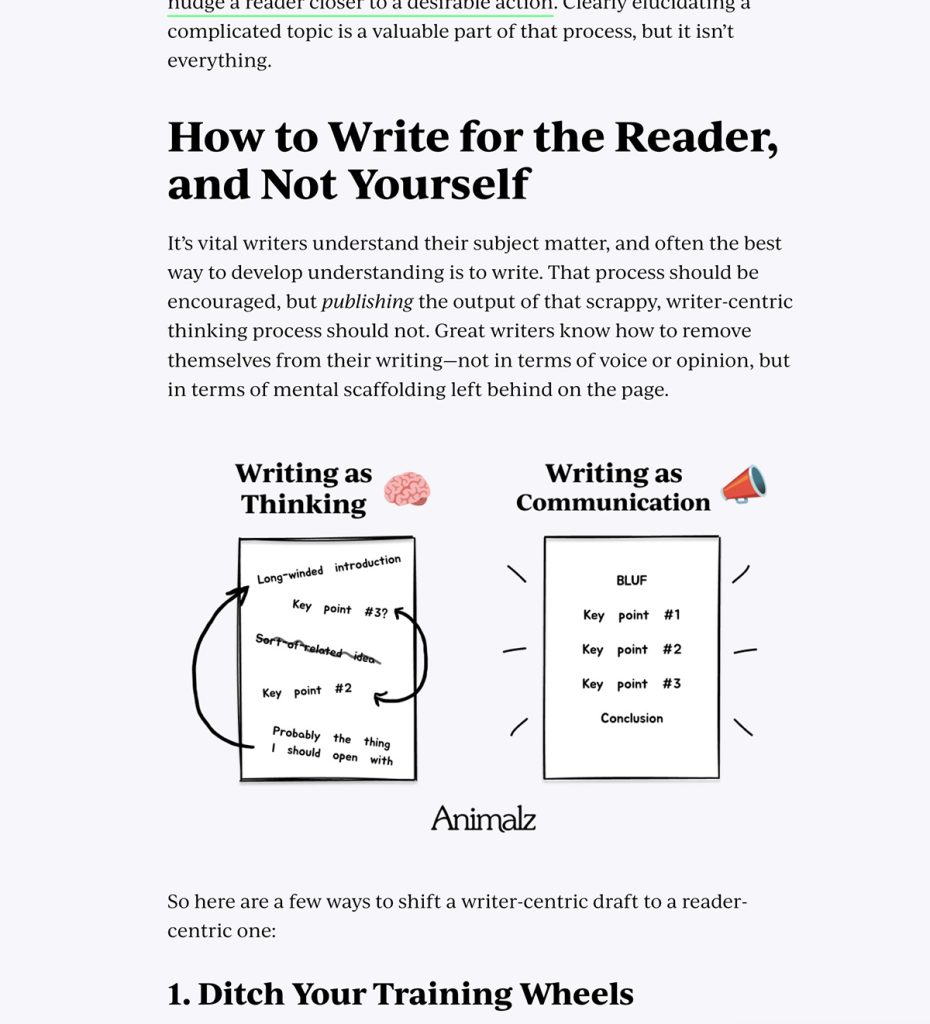
Introduction Inbound Brand management has become a popular strategy for attracting and engaging customers in..
Learn More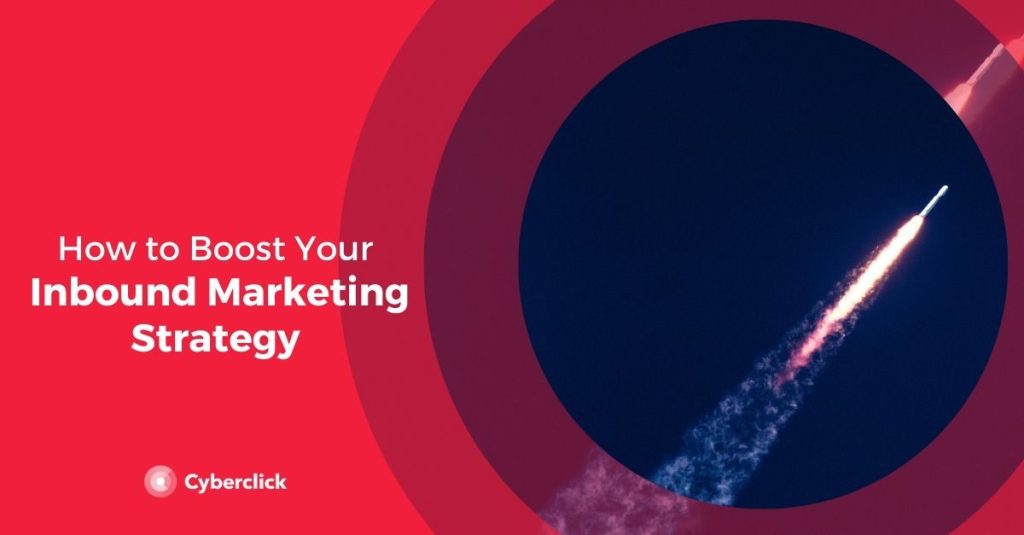
Source: www.cyberclick.net Introduction Inbound Product management has revolutionized the way businesses attract, engage, and convert..
Learn More
Creating effective prompts is Essential for achieving successful AI image generation. The quality and specificity..
Learn More